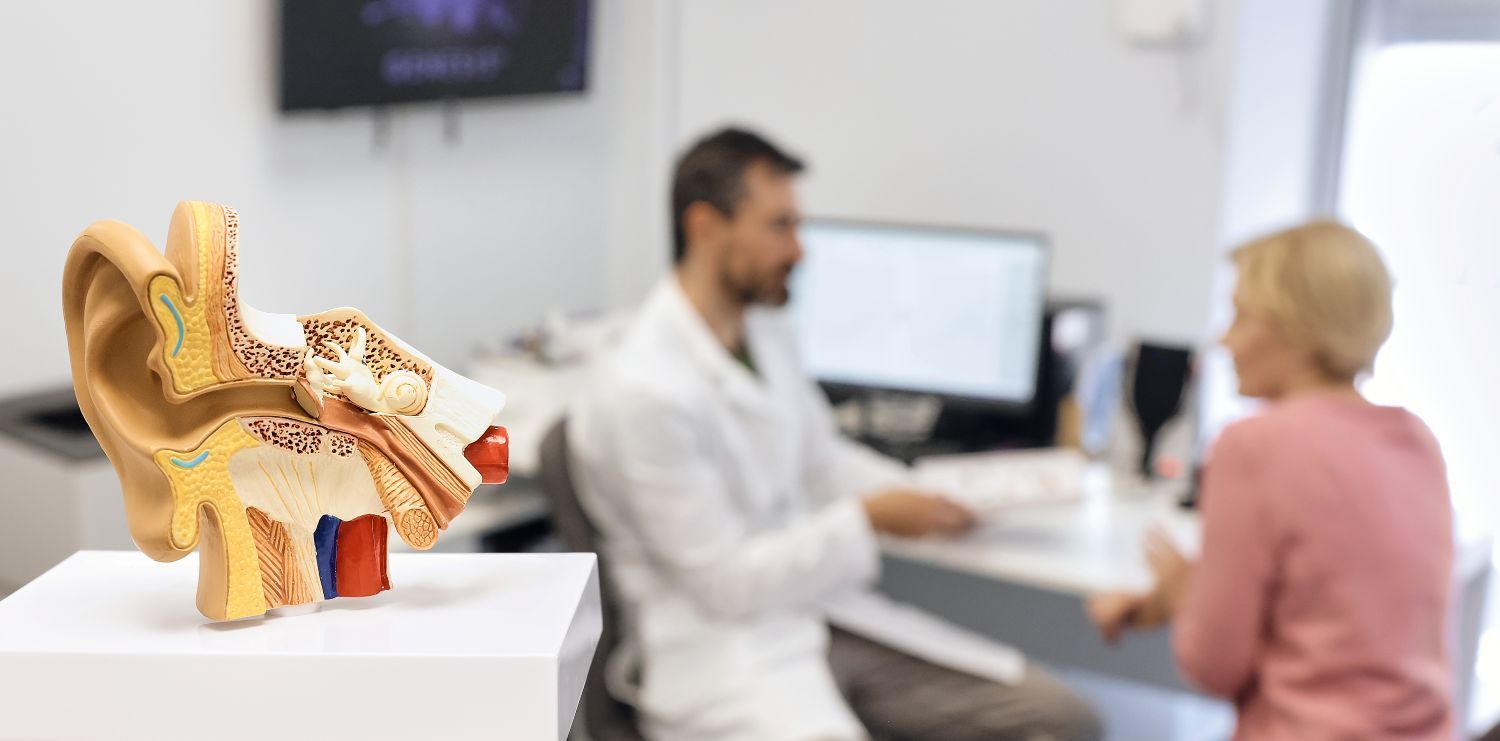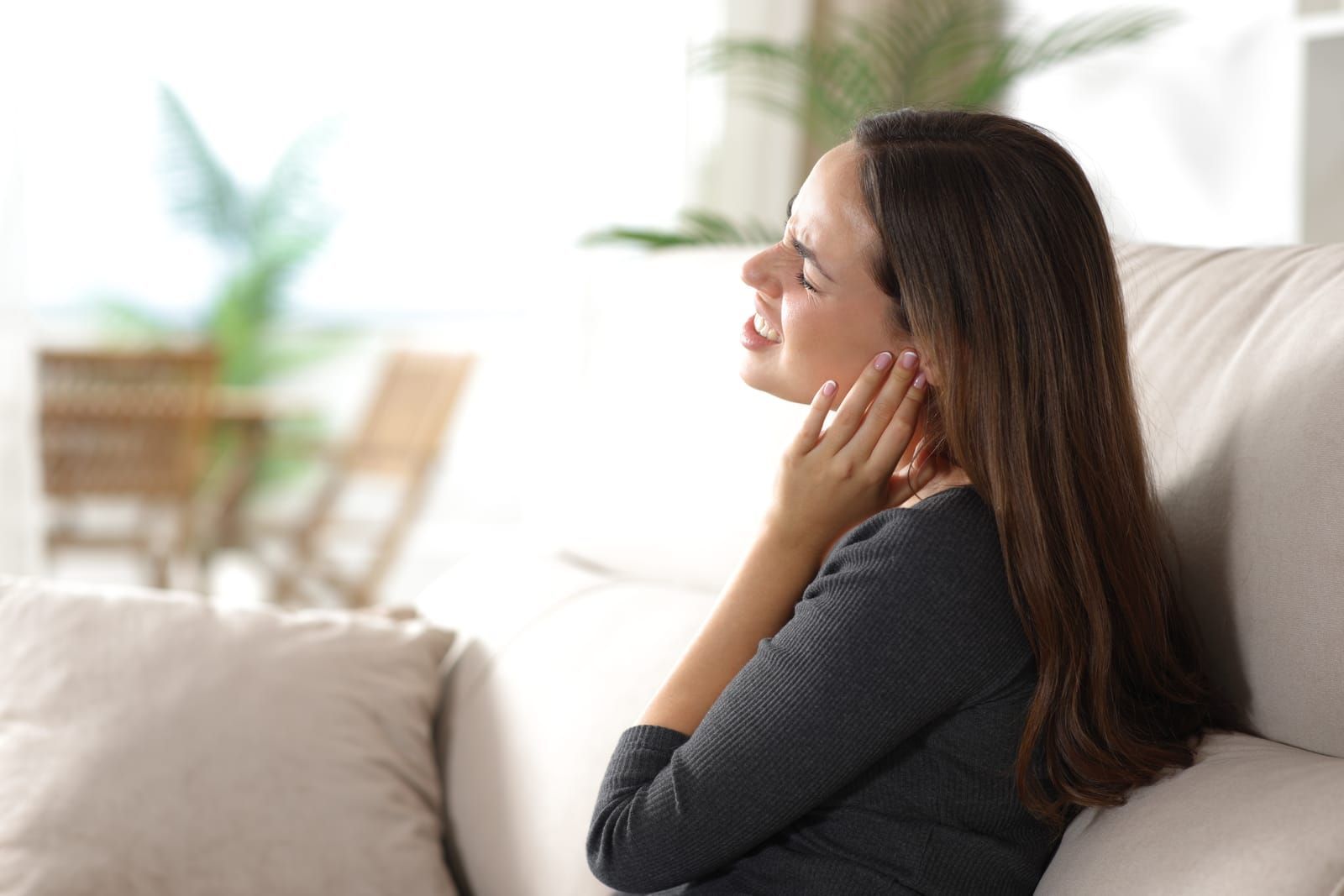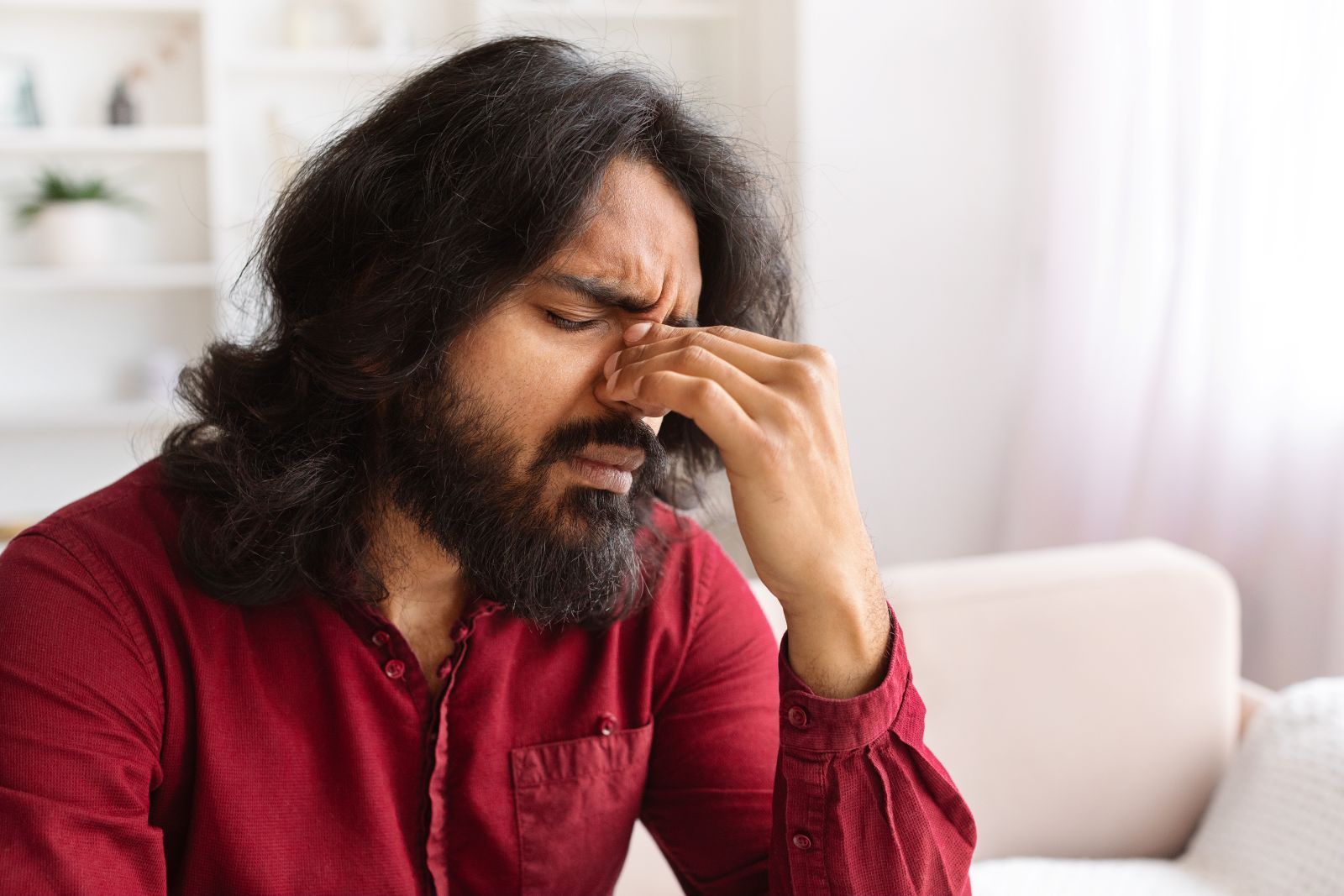When Should You Worry About a Nosebleed?
While nosebleeds can arise out of nowhere, they are usually not serious and can be treated at home. The surface lining of your nose includes many blood veins, and even minor injury or irritation can cause bleeding. Nosebleeds are common in both children and adults, although some are more severe, in which case you should see a doctor. Here are some of the most common reasons for nosebleeds, as well as when you should see a doctor.
What Are the Causes of a Nosebleed?
Nosebleeds are caused by a rupture of a blood artery in the nose and may have no visible reason. They occur most frequently as a result of trauma, certain drugs, or an underlying health problem. While around 60% of people experience nosebleeds at some point in their lives, only 10% of cases are serious enough to necessitate medical treatment.
Some of the most common causes of nosebleeds are:
● Irritation and swelling
● Blowing the nose too hard
● Dryness caused by climate or altitude variations
● Picking one's nose
● A foreign body in the nose
● Nasal allergies
Some nosebleed causes that are more likely to necessitate expert care include:
● Hemophilia and other bleeding disorders
● A severe blow to the head
● Blood-thinning medicines, such as heparin
● Neck and head cancer
● High blood pressure
Should You Be Concerned About Nosebleeds?
Most adults and children experience at least one nosebleed in a lifetime. In most circumstances, a few minutes of self-care will stop the bleeding. However, nosebleeds might cause symptoms that necessitate an appointment with a doctor.
When to Take Your Child to the Doctor
A nosebleed in your child can understandably cause concern. However, keep in mind that nosebleeds are prevalent in children. Of course, this does not imply that you should disregard every nosebleed.
Minor nosebleeds will result in blood dropping or flowing from your child's nose. They may hemorrhage from one or both nostrils. Immediate home treatment can assist in halting the bleeding. However, you should consult a doctor if any of the following conditions apply:
● The nosebleed does not cease after 20 minutes of direct pressure, especially if your child has a head or face injury. Serious damage to the nose or skull is possible.
● An object is trapped in your child's nose.
● Other symptoms include dizziness, headache, fatigue, vomiting, and difficulty breathing. This could be due to excessive blood loss or blood pouring down their throat.
When Should Adults Contact a Doctor?
Even if you're used to suffering nosebleeds as an adult, certain signs should not be ignored. A nosebleed caused by a significant injury to your head or face also requires medical attention. Call your doctor if a nosebleed does not stop after 20 minutes of direct pressure or if you lose a lot of blood (more than a cup), just like you would if a child has a nosebleed. Adults and children should both be examined by a doctor if they experience frequent, small nosebleeds. This could signal an ongoing issue within the nose, such as nasal growths or polyps. You should also consult your doctor if you have difficulty breathing, gagging, or vomiting as a result of blood dripping down your throat.
If you’re experiencing a nosebleed or other frequent nose troubles, contact our experts at ENT Medical and Surgical Group. You can rely on our over 25 years of proven experience to bring you relief. Call us at (203) 752-1726 or contact us online!













